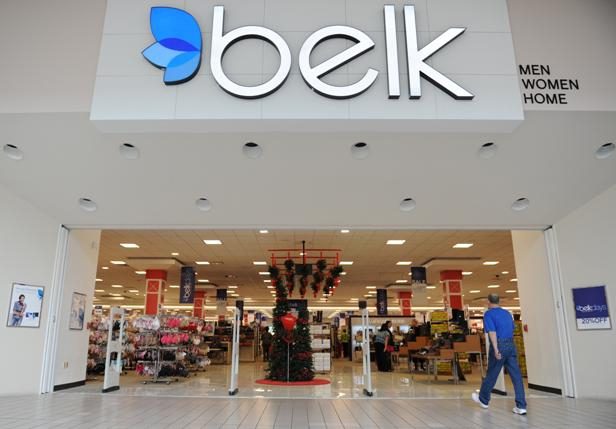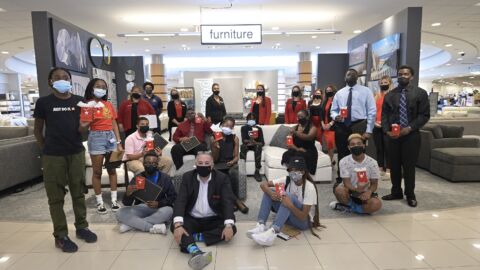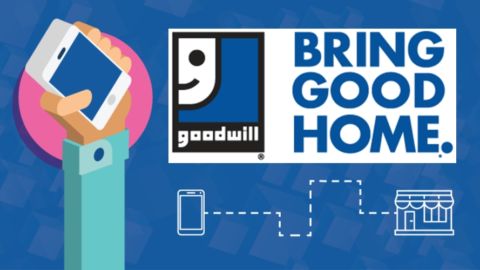Sales associates play a pivotal role in the overall success of a retail store. However, store employees sometimes spend too much time completing day-to-day tasks and are unable to spend quality one-on-one time with customers. This, in the end, can lead to a drop in customer satisfaction and overall sales.
During a session at the National Retail Federation’s annual BIG Show, Eric Bass, SVP of Store Operations at Belk, discussed how the department store chain aligned its sales floor coverage with customer demand, reduced costs and improved the execution of labor operations and customer engagement strategies by using solutions from Reflexis.
Belk has reduced annual payroll by $1.7 million and increased sales by 80 Basis Points — approximately $31 million — since implementing the Workforce Manager, Advanced Analytics and Reporting, Task Manager and Time and Attendance solutions from Reflexis.
Prior to the deployment, Belk associates were able to craft their own schedules, without having knowledge of ebbs and flows in store traffic. Detailed reporting capabilities within the Reflexis suite enabled store managers to see which days and times gather the most store traffic. With a report in hand, managers can effectively determine how many associates they need in a store and where to place them. Optimal scheduling calls for 80% to 85% of Belk associate shifts to align with heavy traffic patterns, according to Bass.
“We were a very associate-centric scheduling company,” Bass said. “The associates used to write their own schedules, and pretty much got what they wanted. We’ve moved to customer-centric scheduling to be able to understand when customers were coming in the building. Our associate engagement score went up and our turnover went down through the transition.”
The implementation of the Reflexis workforce management tool was part of a four-year journey that Belk labeled the Service Excellence Project.
“The project started by looking into how we can improve the back of the house so we can move more hours to the front of the house and service the customer better,” Bass stated during the presentation. “For the ‘service excellence’ part of the project, we asked: ‘How do we develop skills within our associates so they can drive sales and become the CEO of their own little business?’ The final phase of the project indicated that if we’ve freed up more hours, if we’ve trained them on how to interact with the customer, then we’ve got to get them in front of the customer. We needed technology to help us understand when the customer was going to be in our store and recognize the steps needed to make sure the right associates were in the right place at the right time.”
In a 2014 survey of 400,000 respondents, approximately 79% of Belk customers labeled the shopping experience as “highly satisfying,” a significant increase from just under 74% in 2012.













